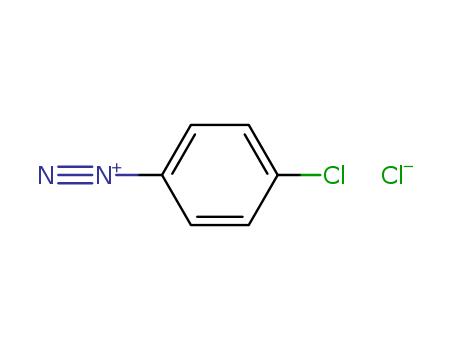10.1021/jm00394a017
The research focused on the synthesis and antiviral activity of carbocyclic analogues of xylofuranosides of 2-amino-6-substituted-purines and 2-amino-6-substituted-8-azapurines. The purpose of this study was to explore the potential of these carbocyclic nucleoside analogues as antiviral agents, particularly against herpes simplex virus (HSV-1 and HSV-2), human cytomegalovirus (CMV), and varicella-zoster virus (VZV). The researchers synthesized a series of compounds, including carbocyclic xylofuranosylguanine (C-xylo-G, compound 9) and its 8-aza analogue (compound 13), through a series of chemical reactions involving precursors such as 2-amino-4,6-dichloropyrimidine and 2-azabicyclo[2.2.1]hept-5-en-3-one. The conclusions drawn from the study were that compounds 9 and 13 exhibited significant antiviral activity, with compound 9 being more potent against both HSV-1 and HSV-2. Additionally, compound 9 demonstrated potent activity against CMV and VZV, making it a promising candidate for further in vivo studies. The chemicals used in the synthesis process included various reagents and solvents such as triethyl orthoformate, acetic acid, zinc dust, p-chlorobenzenediazonium chloride, and dimethylformamide, among others.






